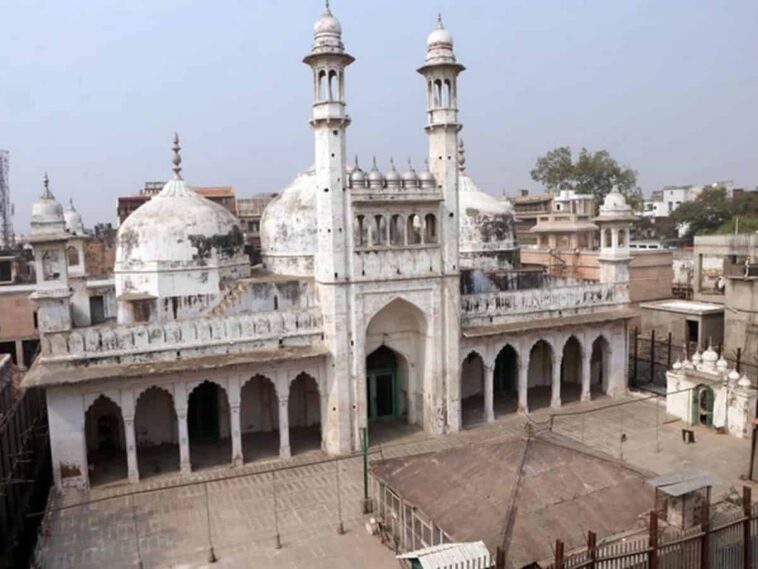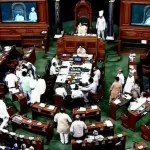Today, the Allahabad High Court is anticipated to render a decision regarding the Archaeological Survey of India’s survey of the Gyanvapi mosque in Varanasi.
Here are ten facts about this major event:
- The district court in Varanasi ordered the ASI survey on July 21 in response to a petition by four women who claimed it was the only method to determine whether the landmark mosque was constructed after the destruction of a Hindu temple. The mosque is situated immediately adjacent to the famous Kashi Vishwanath Temple.
- The ASI initiated a survey on July 24, but the Supreme Court halted it within hours after the mosque committee approached it. The committee of the mosque had argued that the structure is over a thousand years old and that any excavation could cause its collapse. In addition, the committee argued that such a survey violates existing laws regarding religious sites.
- The centre assured the Supreme Court, however, that the survey will not affect the structure in any way, emphasising that “not a single brick has been removed nor is it planned.” Tushar Mehta, India’s Solicitor General, stated that the survey plan involves only measurements, photography, and radar studies.
- The court permitted the petitioners to appeal the order to the Allahabad High Court. After hearing the case for two days on the 26th and 27th of July, the high court deferred its decision for today.
- In 2021, the Gyanvapi mosque made headlines after a group of women petitioned a subordinate court in Varanasi for permission to worship Hindu deities on all 365 days of the year at the Gyanvapi complex.
- Based on this petition, the court ordered a video survey of the complex in April of last year. During the May survey, a structure that the petitioners alleged was a’shivling’ was discovered.
- The mosque administration committee stated, however, that the structure was part of a fountain in the ‘wazukhana’, a water-filled area where people wash their hands and feet prior to prayer. Keeping in view the sensitivity of the issue, the Supreme Court ordered the’shivling’ area to be sealed the same month.
- In September of last year, the district magistrate in Varanasi, to whom the Supreme Court had transferred the case, rejected a challenge by the mosque committee, which had argued that the women’s request to worship Hindu deities within the complex’s grounds was untenable.
- In May of this year, the Allahabad High Court also rejected the committee’s maintainability petition.
- The Gyanvapi mosque is one of several mosques in the constituency of Prime Minister Narendra Modi that some believe were constructed on the ruins of Hindu sanctuaries. It was one of the three temple-mosque disputes that the BJP had raised in the 1980s and 1990s, along with Ayodhya and Mathura.





